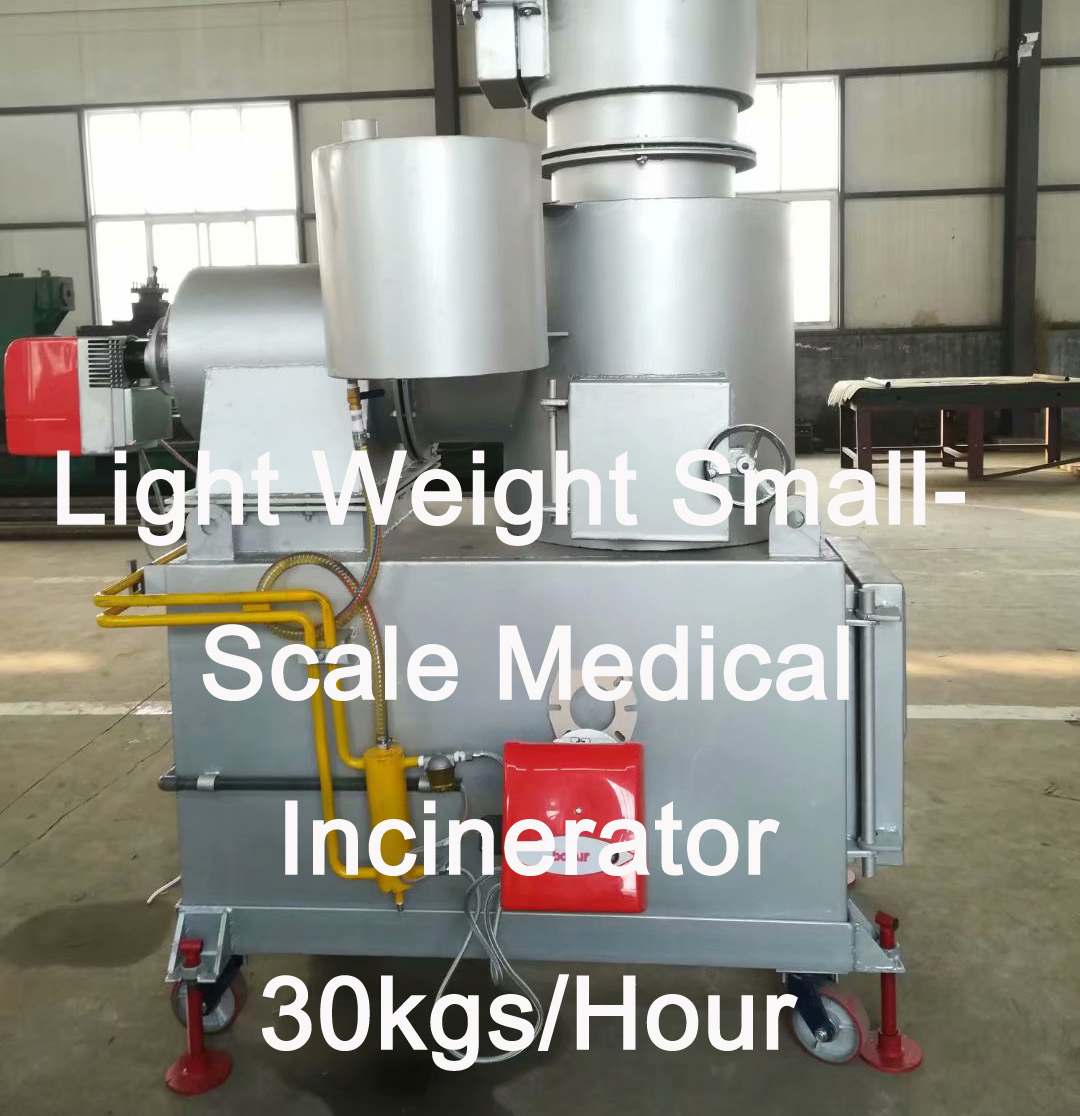Incinerators have long been a controversial topic in the world of waste management. However, recent advancements in technology have made incinerators a viable and efficient option for transforming waste management for the better.
Incinerators that work are equipped with state-of-the-art pollution control systems that capture harmful emissions and minimize their impact on the environment. This includes advanced filters that capture particulate matter, as well as scrubbers that remove harmful gases such as sulfur dioxide and nitrogen oxides. As a result, modern incinerators are able to operate with minimal air pollution and emissions.
Furthermore, incinerators are capable of generating energy from waste through a process known as waste-to-energy. This involves the combustion of waste materials to produce heat, which in turn is used to generate electricity. This not only reduces the amount of waste sent to landfills, but also provides a sustainable source of energy that can be used to power homes and businesses.
In addition, the residual ash from the incineration process can be used as a construction material or in road building, reducing the need for new raw materials and minimizing the impact of waste on the environment.
Another benefit of incinerators is their ability to handle a wide range of waste materials, including hazardous and non-recyclable items. This makes them an attractive option for municipalities and businesses looking to reduce the amount of waste going to landfills while also ensuring proper disposal of hazardous materials.
Moreover, incinerators can also be more cost-effective than other waste management options in the long run. While the initial investment in an incineration facility may be higher than traditional landfilling, the potential for energy generation and the reduction in long-term environmental and health costs make incinerators a competitive option.
Despite these advancements, it’s important to note that proper regulations and oversight are essential to ensure the safe and effective operation of incinerators. This includes monitoring emissions and pollution control systems, as well as ensuring the proper handling of waste materials.
In conclusion, incinerators that work are transforming waste management for the better by providing an efficient, sustainable, and cost-effective solution for the disposal of waste. With the ability to generate energy from waste, reduce harmful emissions, handle a variety of waste materials, and contribute to a circular economy, incinerators are a valuable asset in the efforts to create a more sustainable and environmentally friendly waste management system.



